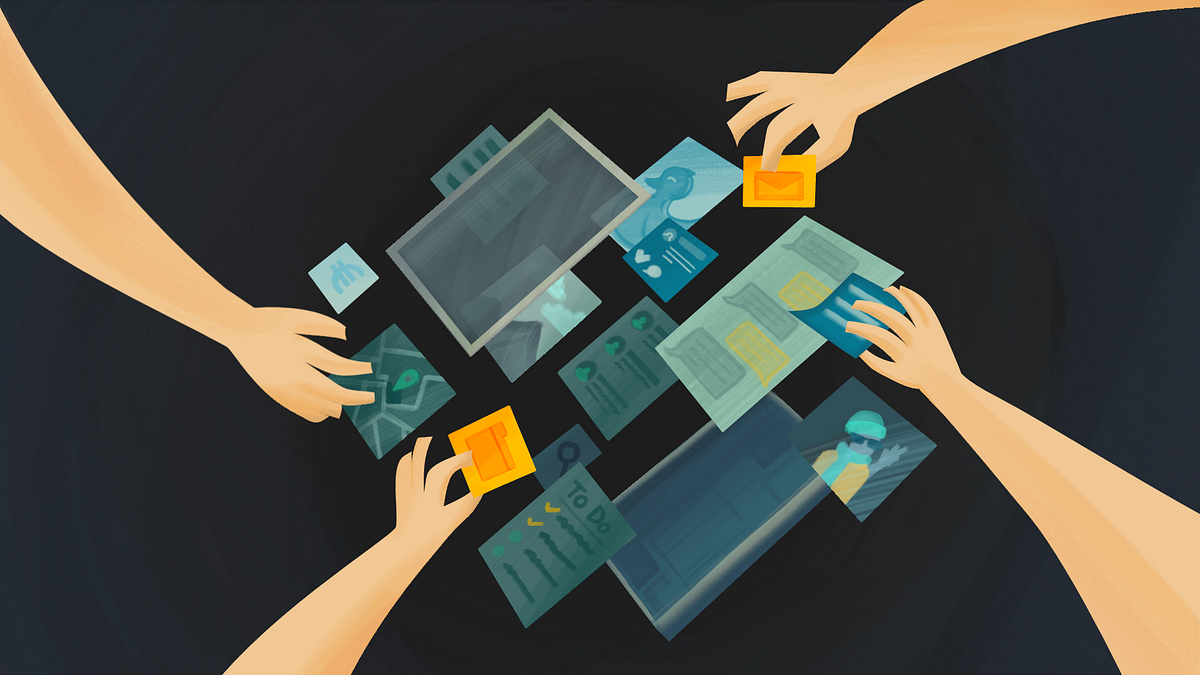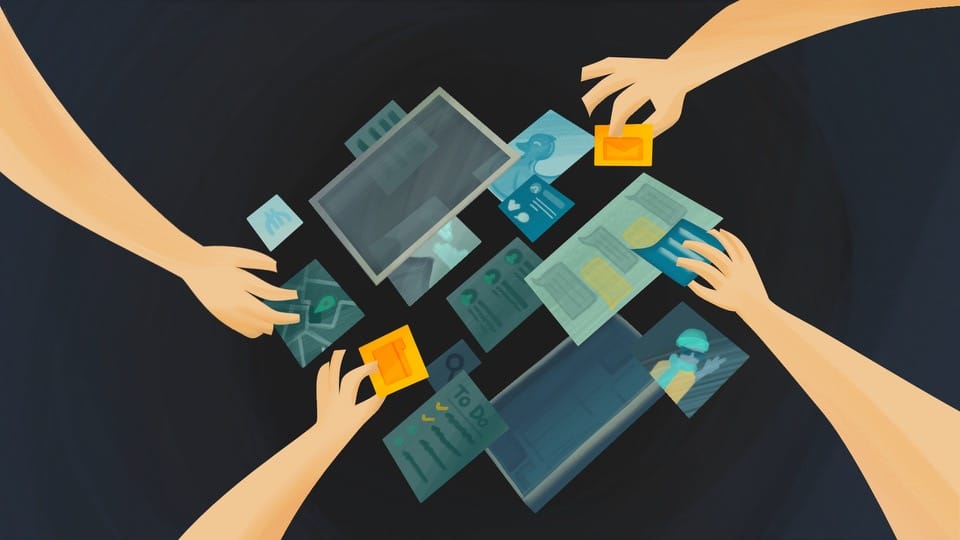Nothing to fear, if I have nothing to hide?
Web-privacy is a niche subject for most, but shouldn’t be. To those who actively partake in online data privacy, well done; but you are in…

Web-privacy is a niche subject for most, but shouldn’t be. To those who actively partake in online data privacy, well done; but you are in the minority! It can be frustrating that the majority of the global population seems to be indifferent about their data…but that is what this blog series is about. It is not indifference, it is naivety, and it is our job to help ourselves and others in our community.
What do I have to hide?
The most common phrase I hear when trying to inform folks of their privacy rights is: “but I have nothing to hide…so what if they use my data?”
Your browsing data is comparable to the thoughts in your head, the entries in your journal, your arguments in the shower, and the conversations at the dinner table. While you may not be trying to explicitly hide your opinions, nobody would like to have their conversations broadcasted on public radio, or have their journal available at the local library. Your right to privacy is absolute: you don’t need permissions or reasons to shut your curtains in the evening for privacy.
Every tool you use these days is a way to extract more data from you. Your car tracks your driving styles/patterns, your phone tracks your life, your grocery store tracks your purchases, your bank tracks your spending, your TV tracks your viewing data, even your washing machine tracks your laundry items. This tracking is often advertised as convenience to the user, as a free feature to improve the quality of life. Their sole purpose is to make you part ways with your data.
So what are they looking for? In short, everything! Name, age, location, family & friends, relationship history, political leanings, purchases, passwords, personal conversations, when you go to bed, how often you use the toilet…EVERYTHING. Now you may not be doing anything that “warrants secrecy”, but you certainly wouldn’t tell a stranger on the street. So why do we suddenly forget our parents’ teachings of stranger-danger the moment its an e-stranger?

What do I have to fear?
In short, a lot. Ben Walford from Proton estimates that your personal data alone is worth around $700 USD per year. When we give away our personal data, we open ourselves up to a very likely risks. Here are just a few examples:
- Targeted advertising: By tracking our browsing habits, shopping patterns, and personal preferences, companies can create highly targeted advertisements that are tailored to exploit our vulnerabilities. This can lead to a never-ending cycle of manipulation, where we're constantly bombarded with messages that feel like they're speaking directly to us. This may seem beneficial to us at first glance, but it is one of the main sources behind the cost-of-living crisis and inflation issues.
- Data breaches: When companies collect and store large amounts of your personal data, there's always a risk that this data will be compromised in a breach. Imagine waking up one morning to find that your social media accounts have been hacked, or that your bank account has been drained due to a phishing scam.
- Identity theft: With access to your name, age, location, and other identifying information, hackers can create fake identities for themselves, making it difficult for you to distinguish between what's real and what's not; this problem is only going to worsen with the introduction of AI.
- Profiling and discrimination: By analyzing our data, companies can create detailed profiles of us, including our interests, values, and behaviors. This information can be used to discriminate against us in the workplace, in housing, insurance, or even in lending decisions. Furthermore, this profile can (and has been) used to manipulate individials with disinformation and tamper with elections.
- Loss of autonomy: When we surrender our personal data, we're essentially giving up control over how it's used. We may not even realize that our data is being sold or shared with third parties, which can lead to a loss of autonomy, and increase in censorship reach. The idea that you are being monitored at all times, by people you don’t know and for reasons unknown, should be unnerving to most.
In the next part of this blog series, we’ll explore some practical strategies for protecting your online privacy and taking back control of your personal data.
